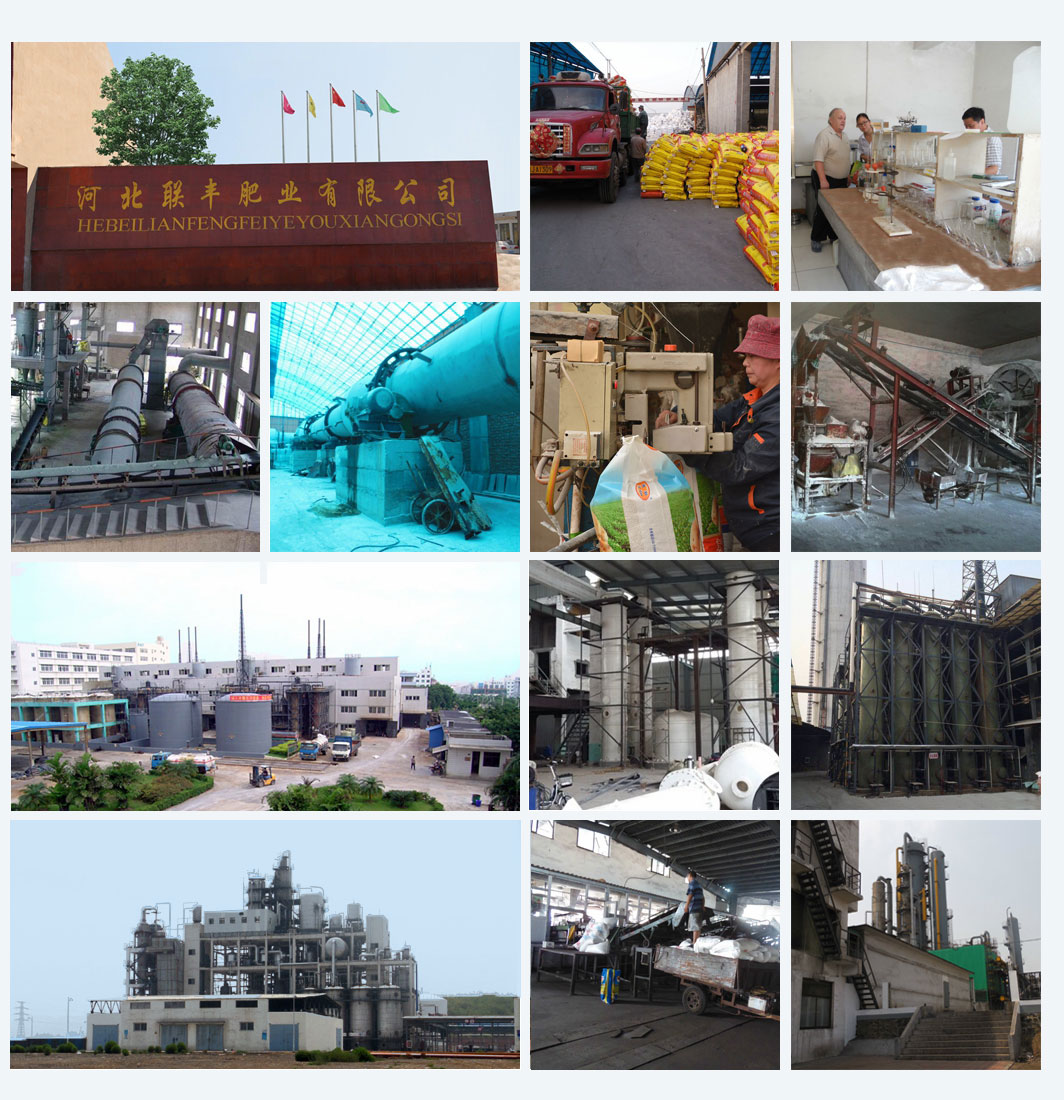
Dec . 10, 2024 03:23 Back to list
Low Nitrogen High Potash Fertilizer for Enhanced Plant Growth and Yield Optimization
The Importance of Low Nitrogen High Potash Fertilizer in Modern Agriculture
In modern agriculture, the type of fertilizer used plays a crucial role in determining crop yield and soil health. Among the various formulations available, low nitrogen high potash fertilizers have gained significant attention from agronomists and farmers alike. Understanding the benefits and applications of this type of fertilizer can greatly enhance agricultural productivity while promoting sustainable practices.
Understanding Fertilizer Components
Fertilizers are primarily composed of three macronutrients nitrogen (N), phosphorus (P), and potassium (K). Each plays a vital role in plant growth. Nitrogen is crucial for vegetative growth, phosphorus is important for root development and flowering, while potassium is essential for overall plant health, helping with water regulation, enzyme activation, and photosynthesis.
Low nitrogen high potash fertilizers typically have a reduced nitrogen content, often suited for specific crops or growth stages where excessive nitrogen could be detrimental. The high potassium content in these fertilizers aids in fostering strong root systems and increasing resistance to diseases, droughts, and pests.
Benefits of Low Nitrogen High Potash Fertilizer
1. Enhanced Fruit Quality For fruit-bearing crops, high potash levels can enhance the size, taste, and quality of the yield. This is particularly important for markets that demand high-quality produce, as customers are increasingly looking for fruits that not only look good but also taste great.
2. Disease Resistance Higher potassium levels improve a plant's overall health, allowing it to fend off diseases more effectively. This can reduce the need for chemical pest control, leading to a more organic approach to farming.
3. Drought Tolerance Potassium aids in regulating a plant's water uptake, making it more resilient to dry conditions. With climate change posing increasing challenges to agriculture, crops that can withstand drought conditions will ensure food security.
low nitrogen high potash fertilizer

4. Improved Soil Health Low nitrogen fertilizers are less likely to lead to nitrogen leaching in soils, which can cause water pollution. By using low nitrogen high potash fertilizers, farmers can maintain healthier soil microbiomes and enhance soil fertility over time.
Applications in Agriculture
Low nitrogen high potash fertilizers are particularly effective for crops such as tomatoes, peppers, and tubers, which benefit from the enhanced potassium for improved fruit and tuber development. These fertilizers can also be invaluable during the flowering and fruiting stages of production, where plants require higher potassium levels and lower nitrogen to avoid excessive vegetative growth at the expense of fruit production.
Farmers should consider conducting soil tests before applying any fertilizers. Recognizing the existing nutrient levels in the soil can help tailor the application of low nitrogen high potash fertilizers, ensuring that crops receive the specific nutrition they need without excesses that can cause environmental harm.
Sustainable Practices
The use of low nitrogen high potash fertilizers aligns well with sustainable agricultural practices. Amid growing concerns regarding synthetic fertilizers' environmental impact, there is a strong push towards organic and less chemical-dependent farming. Utilizing fertilizers that minimize nitrogen use can reduce runoff into waterways, a major cause of algal blooms and aquatic dead zones.
Moreover, integrating low nitrogen high potash fertilizers with organic matter such as compost or cover crops can enhance soil fertility and structure, further promoting sustainability. By adopting a holistic approach to fertilization and soil management, farmers can improve crop yield while preserving the environment.
Conclusion
In conclusion, low nitrogen high potash fertilizers present a viable option for increasing crop yield, improving fruit quality, and maintaining soil health in an environmentally sustainable way. As agriculture continues to evolve, it is essential to explore diverse fertilization strategies that support both productivity and ecological balance. By carefully selecting fertilizers based on specific crop requirements and environmental conditions, farmers can contribute to a more sustainable future for agriculture, ensuring that we meet global food demands while safeguarding our natural resources.
-
High-Efficiency Plant Soil Water Soluble Fertilizer Reliable Manufacturer
NewsApr.29,2025
-
High-Potassium Organic K Fertilizer 7-2-4 Supplier & Manufacturer
NewsApr.29,2025
-
10-54-10 High-Phosphate Fertilizer NPK Blend for Root Growth
NewsApr.28,2025
-
NPK 8-2-12-4 & 20-20-20 Compound Fertilizer Suppliers Crop Boost
NewsApr.28,2025
-
Premium 50 lb Fertilizer Bags Bulk Supplier & Factory Deals
NewsApr.28,2025
-
Different Types of NPK Fertilizer Manufacturer & Supplier Custom Blends
NewsApr.28,2025
